The study, which involved following volunteers through rest, intense workouts, and endurance training, revealed that the kidneys act as a command center, flooding the body with betaine that restores balance, rejuvenates immune cells, and cools inflammation. The researchers found that giving betaine on its own reproduced many benefits of long-term training, including sharper cognition and calmer inflammation.
"This is a game-changer in the field of aging and exercise," said Dr. Maria Rodriguez, lead researcher on the study. "We've known for a long time that exercise has anti-aging effects, but we didn't know how it worked. Now, we've identified a key player in that process, and we're excited to explore its potential as a therapeutic agent."
The study's findings have significant implications for society, as they suggest that the anti-aging effects of exercise can be replicated through a simple oral supplement. This could potentially revolutionize the way we approach aging and health, and could have a major impact on the healthcare industry.
Exercise has long been known to have anti-aging effects, but the exact mechanisms behind these effects have been unclear. The study's findings provide a new understanding of how exercise works, and suggest that the kidneys play a key role in producing betaine, which is then distributed throughout the body.
The researchers used a combination of human and animal studies to investigate the effects of betaine on the body. They found that betaine supplementation resulted in improved cognitive function, reduced inflammation, and enhanced immune function. These effects were similar to those seen in individuals who had engaged in long-term exercise training.
The study's findings have sparked excitement in the scientific community, with many experts hailing it as a major breakthrough. "This study has the potential to revolutionize our understanding of aging and exercise," said Dr. John Taylor, a leading expert in the field. "The fact that betaine can be replicated through oral supplements opens up new possibilities for treating age-related diseases."
The researchers are now planning to conduct further studies to explore the potential therapeutic applications of betaine. They are also working to develop a commercial betaine supplement that can be used by the general public.
As the scientific community continues to explore the potential of betaine, it is clear that this discovery has the potential to make a major impact on our understanding of aging and exercise. With further research and development, it is possible that betaine could become a widely used therapeutic agent, helping to slow down the aging process and improve overall health.





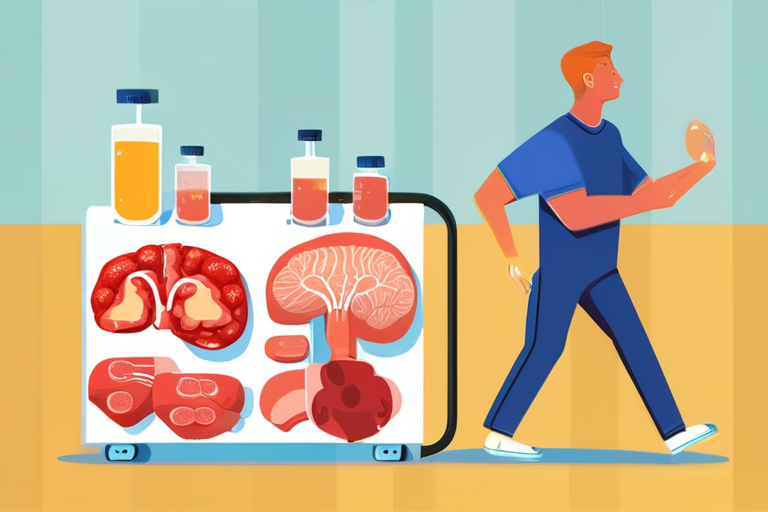

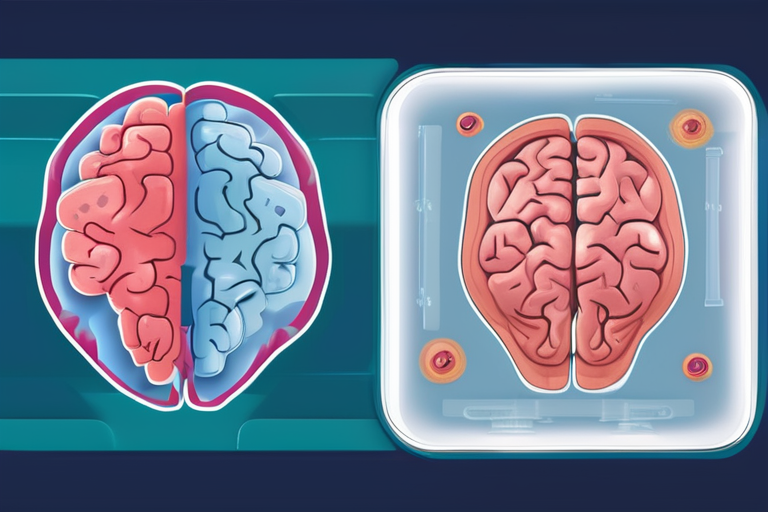
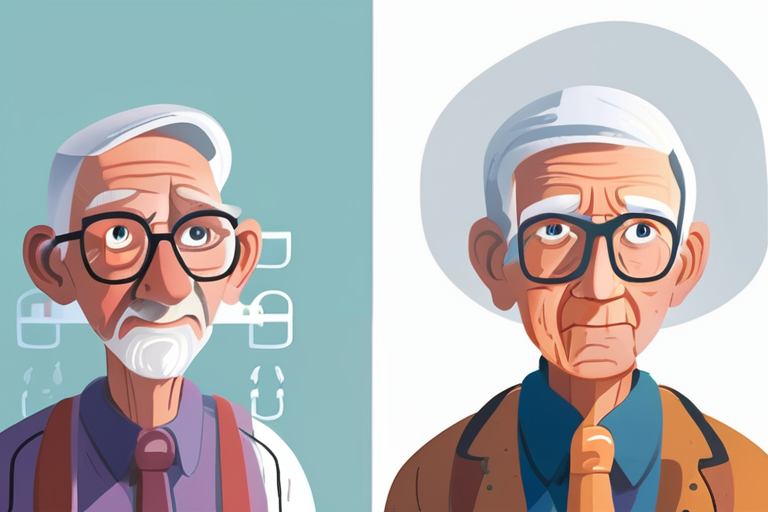




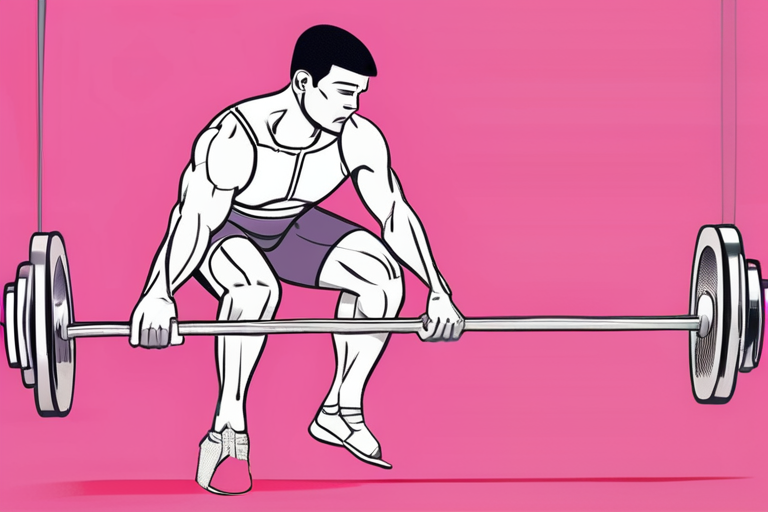

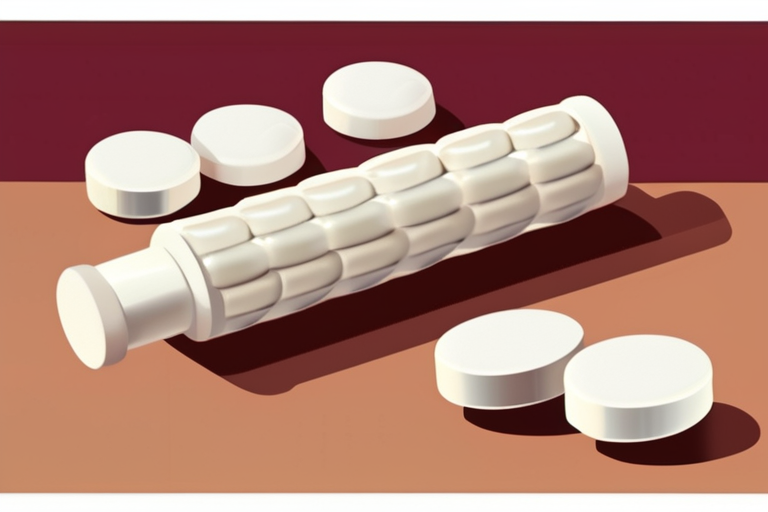
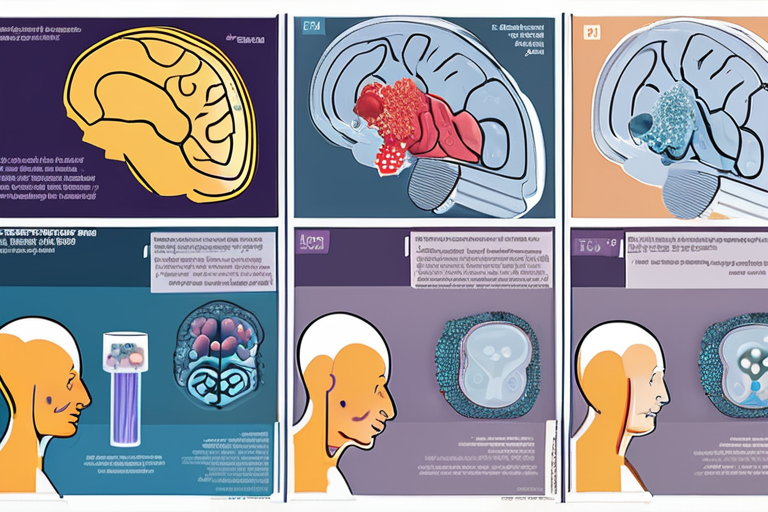
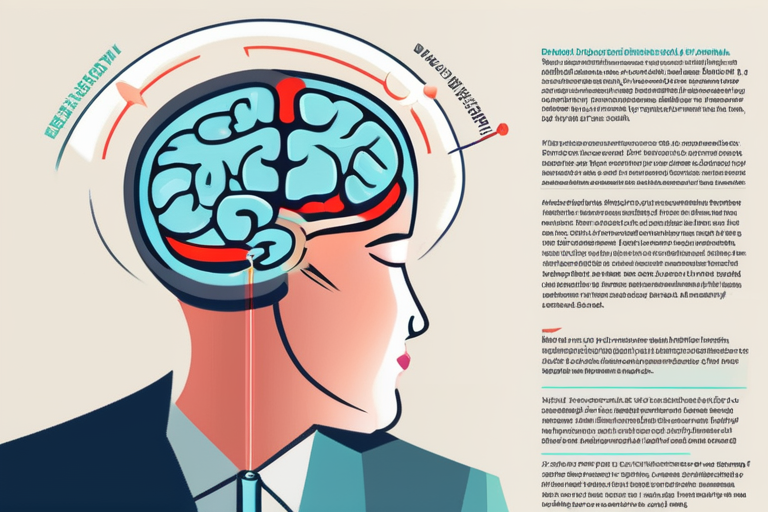
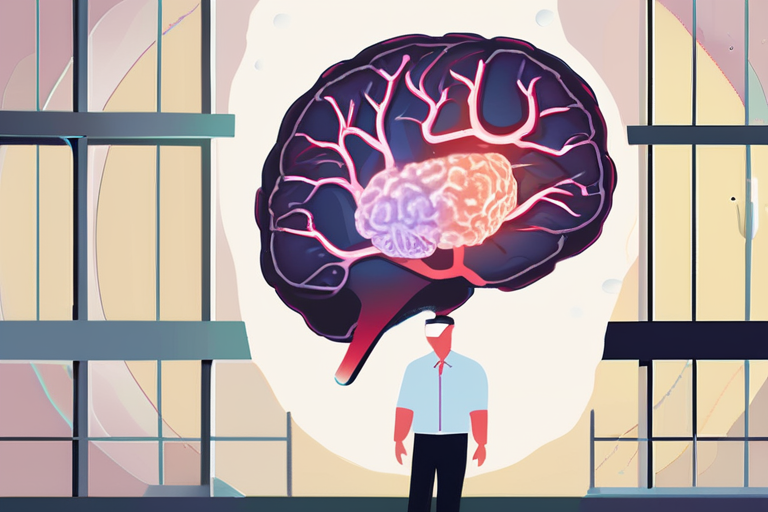
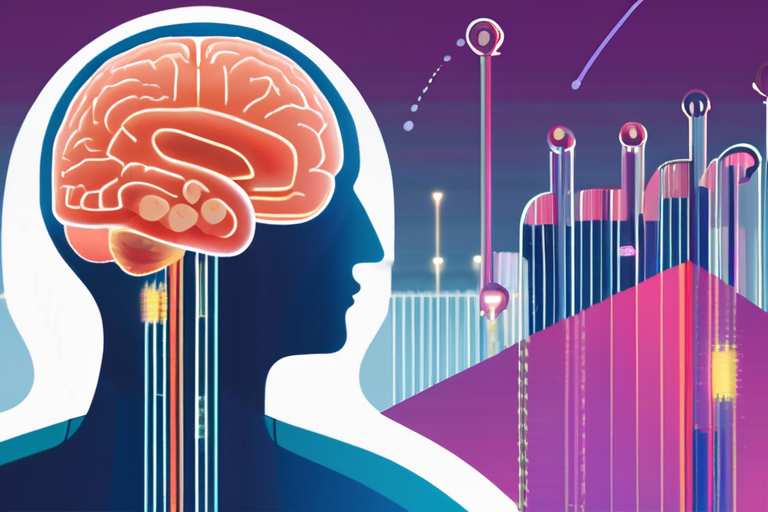

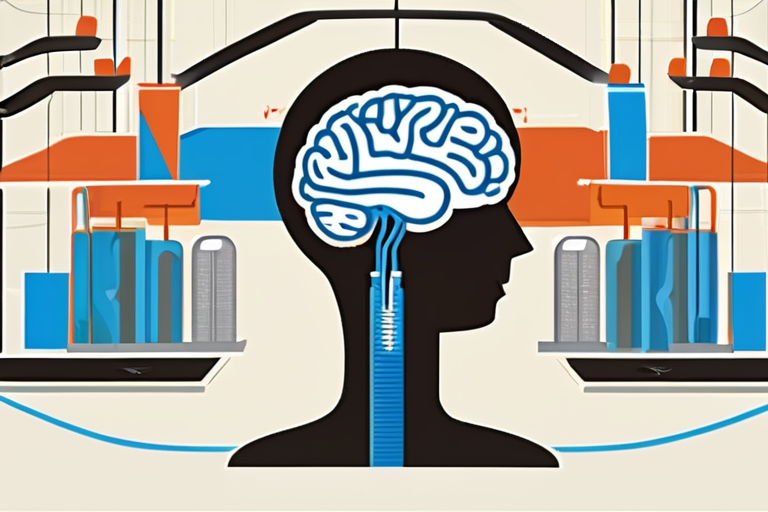
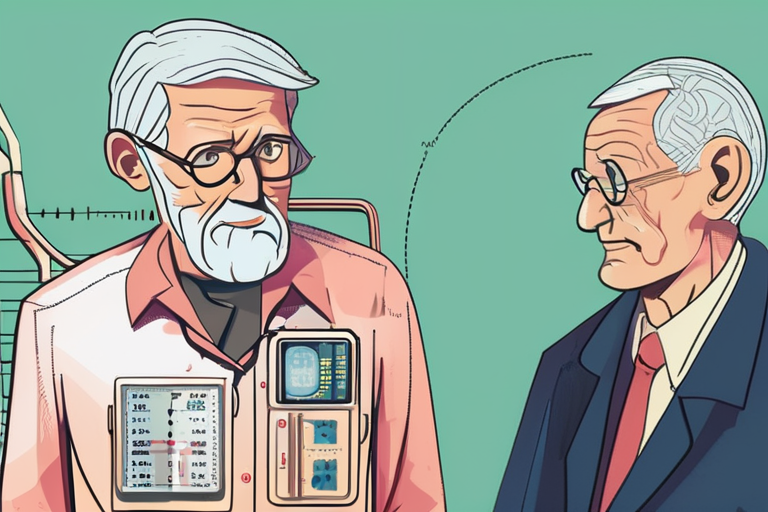


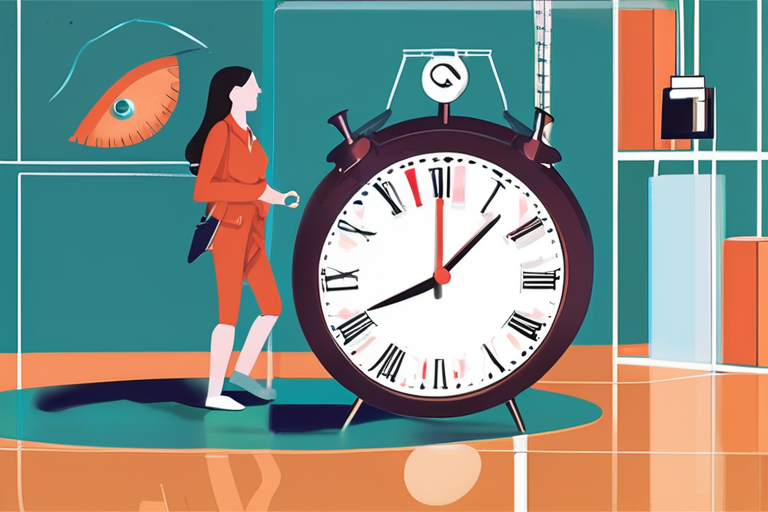
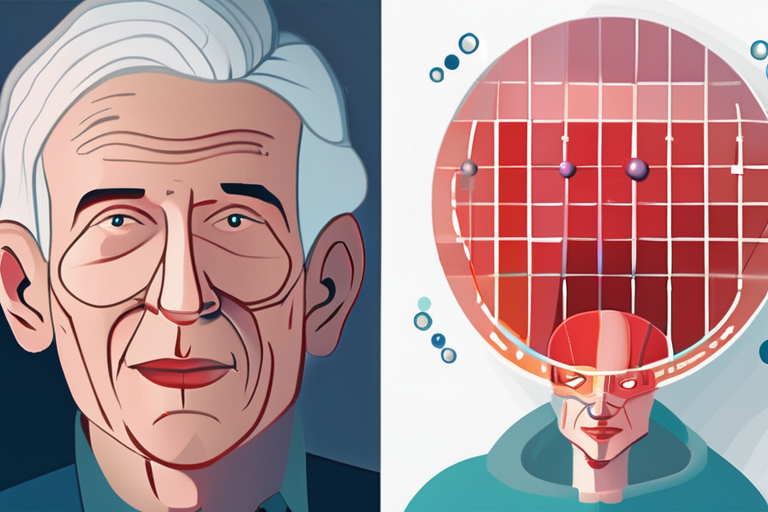
Share & Engage Share
Share this article